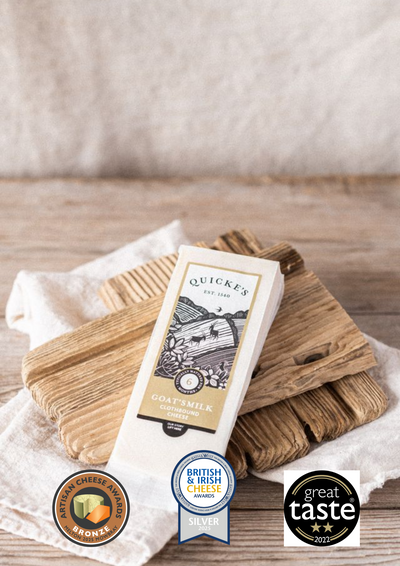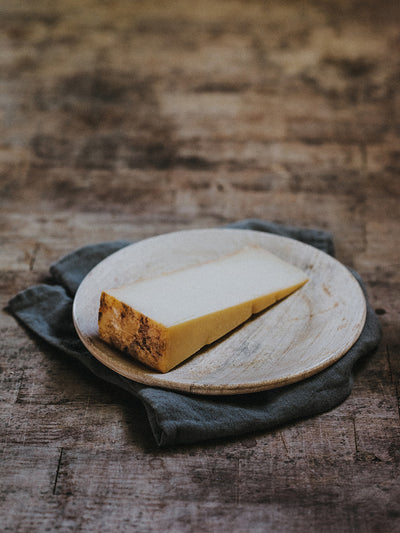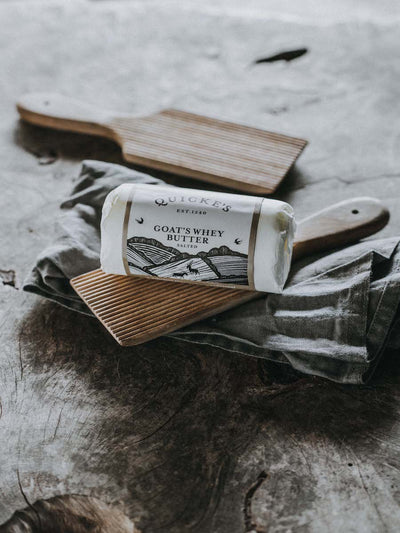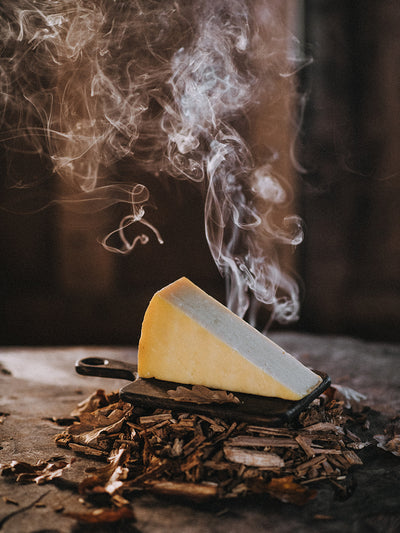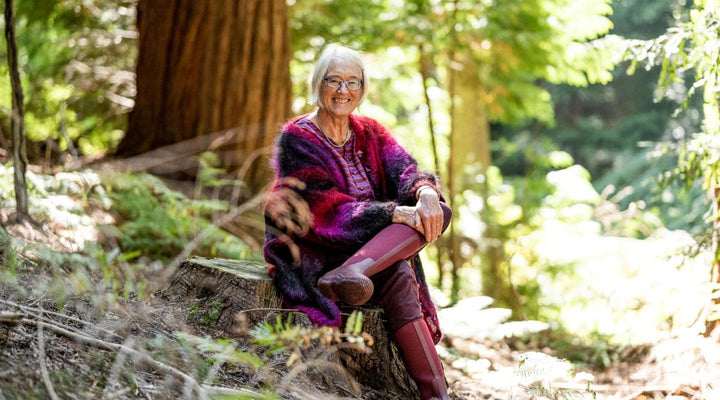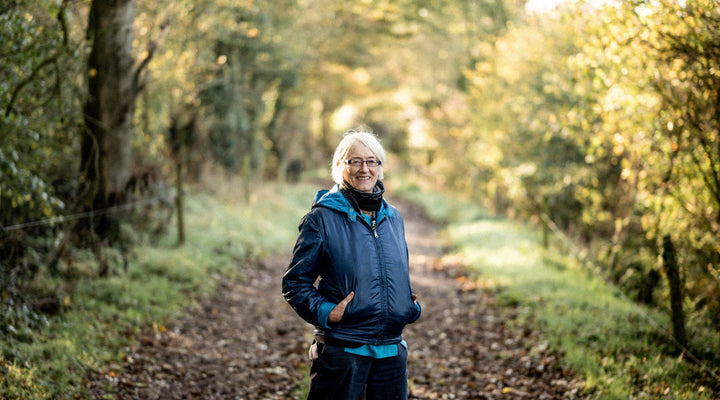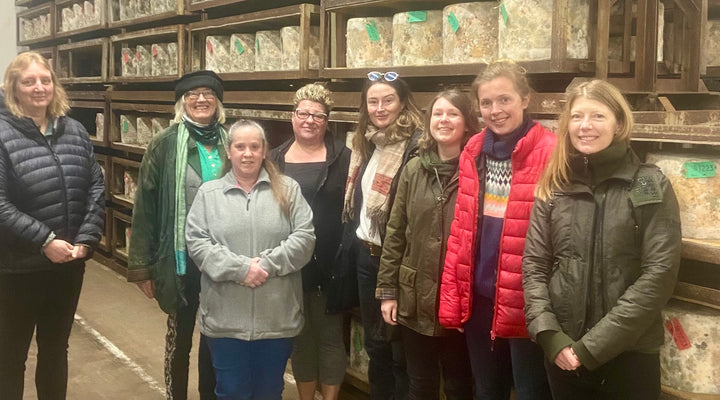Chris Lewis of Bello Wild Food
Foraging seems to have taken on a trendy label in recent years. With high-profile chefs centering their entire menu upon seasonal and local foraged goods, it’s no wonder why people are beginning to indulge in a craft that was once so essential to everyday life.
We shared five minutes with forager Chris Lewis from Bello Wild Food to find out why he chose to make a living from foraging and what we should be looking out for in the hedgerows right now.
What are your thoughts on the recent resurgence in foraging?
It seems almost amusing for me as for myself it’s nothing less than a life skill, as it was and is for people all over the world. It’s easy to forget our history and it’s a sad case that in many cultures the simplest skills that our entire modern way of life stands on has been forgotten and left in the distant memories of our grandparents.
A new lease of life has been ignited into our culinary sector with small artisan and specialist producers of food being once again on the forefront and acting as leading ambassadors of a more responsible and mindful way of enhancing, not only our diet, but an almost extinct cottage industry.
What is it about our fascination with foraging?
Most people have foraged possibly without really thinking about it like when picking blackberries, wild garlic and elderflower, for example. Foraging offers not only a stunning edible product that you can relish and savour, but also a deep connection to the land that has a positive effect on wellbeing in, what is generally, a busy and stressful modern life. There is something quite satisfying about popping a ripe blackberry into your mouth on a warm autumn day; it’s that connection to the land that brings out primal satisfaction - a connection to nature that is good for the soul.
What wild food should we be looking out for?
Stinging nettle (Urtica Dioica) is one of the most common hedgerow plants in the UK and can be found in abundance in hedgerows at this time of year. I would put money on it that there isn’t one single person that hasn’t seen them, had them growing in their garden or even stung themselves on their leaves. As foragers, we always say it’s the one plant that we can easily identify in the dark.
What are the benefits of nettles?
The fascinating thing about nettles is that as a foraged food it contends with some of the world’s best ‘superfoods’, holding strong medicinal importance, as many of our native and common plants do.
Weight for weight, nettle contains more calcium than milk, is high in iron potassium and silica, and is super rich in vitamins A, D, E and K. These vitamins help to support hair growth, bone flexibility and skin as well as the body’s energy levels. Nettle was even used in the form of a tea to treat iron deficiencies and due to its natural antihistamine, it is used to treat allergy sufferers.
As a forager who makes a living from wild food I feel a great satisfaction, humility and privilege to have found a connection to the land.
It’s the one plant that we can easily identify in the dark.
Nettles in the kitchen…
Have you tried our Wild Nettle, Bacon and Smoked Goat’s Cheese Tart by our ambassador Gill Meller?
Spring: Nettle, bacon and smoked goat's cheese tart from Quicke's on Vimeo.

